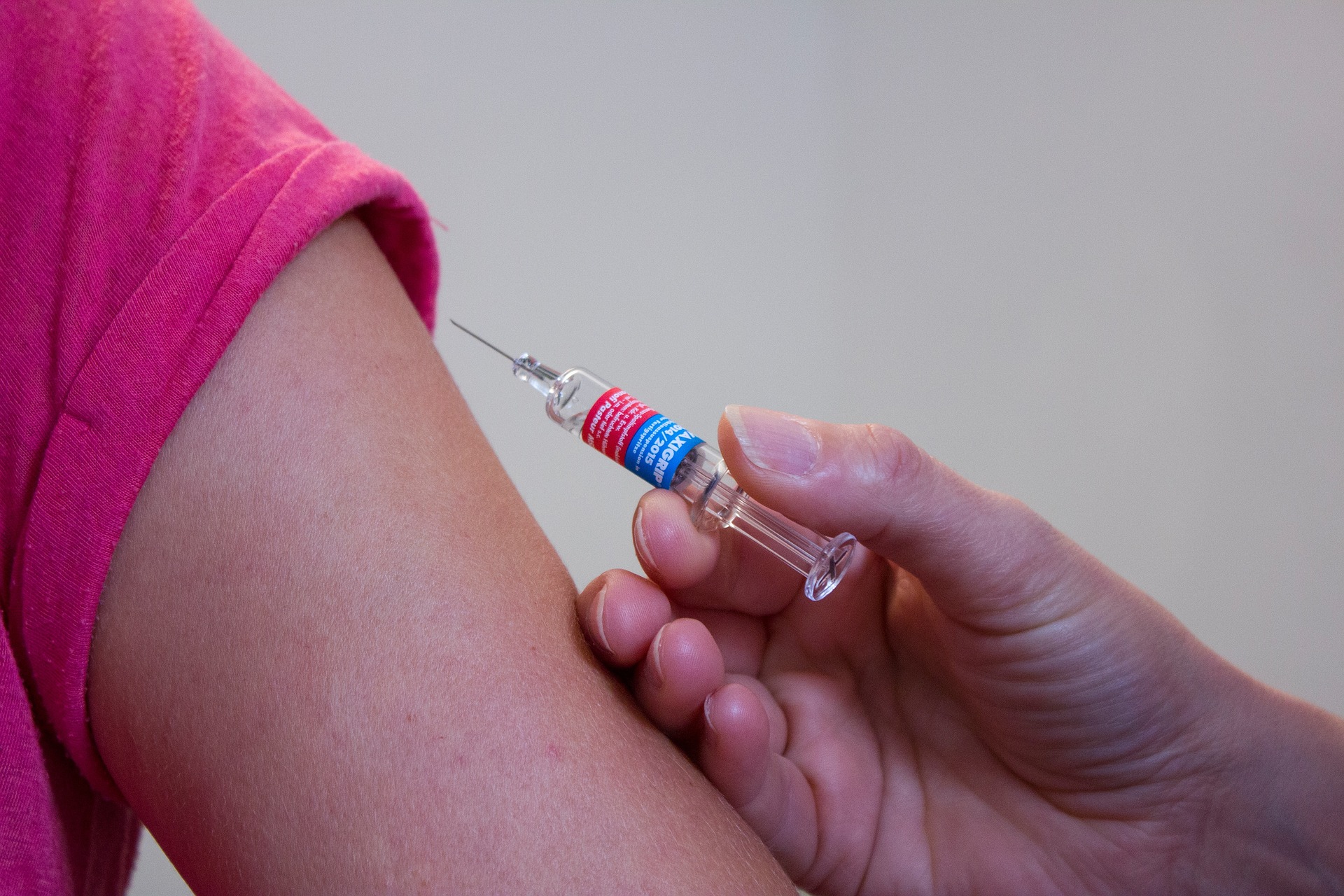How to Rate Your Latest Vaccine Story: Tips from a Health News Reviewer

Photo: dfuhlert / Pixabay.com
SAN FRANCISCO—Misinformation, myths and “fake news” continue to fuel controversies around vaccines. Activists can easily find stories in credible publications that seem to support their “anti-vax” stance.
To help reporters navigate the challenges of responsible reporting on vaccines, several experts gathered on 28 October at the World Conference of Science Journalists 2017 for a session titled “Reporting with Clarity on Vaccines and Vaccine Development.”
One of the speakers, health and medicine journalist Andrew Holtz, writes for Health News Review—an independent site that critiques the steady flow of news stories and press releases about biomedical research and consumer news. At the session, Holtz offered the audience tips on how to strengthen their stories and inoculate them against misinformation.
An independent journalist based in Portland, Oregon, Holtz is a former medical correspondent for CNN. He has written three books about the medicine depicted on television shows: The Medical Science of House, M.D.; The Real Grey’s Anatomy; and House M.D. vs. Reality.
As a reviewer at Health News Review, Holtz is part of a panel that assesses the quality of published pieces. When he considers an article about vaccines, Holtz reviews how the story discusses factors such as the costs, benefits, and harms of the vaccine. He and a team of reviewers give each story a score based on such reviews.
In this podcast, produced by student journalist Sibusiso Biyela of South Africa, Holtz describes how he would review a typical story on vaccines. His helpful tips include the kind of words reporters might overlook that could change the way readers interpret a story.
The session included three other experts: medical anthropologist Ève Dubé, a member of the Scientific Group on Immunization at the Québec National Institute of Public Health; Serusha Govender, a broadcast journalist, foreign correspondent, and multimedia producer based in Southern Africa; and Mark Miller M.D., associate director for research at the Fogarty International Center, National Institutes of Health.
Music credits:
Good Vibes by Dj Quads
Music promoted by Audio Library
Dreams by Joakim Karud
Music promoted by Audio Library
—
Sibusiso Biyela is a digital science communicator at ScienceLink, South Africa’s first digital science communication start-up. He volunteers for SciBraai, a proudly South African NPO dedicated to science journalism, communication and outreach. Sibusiso is pursuing an undergraduate BSc in chemistry and physics at the University of Zululand. Follow him on Twitter @AstroSibs
